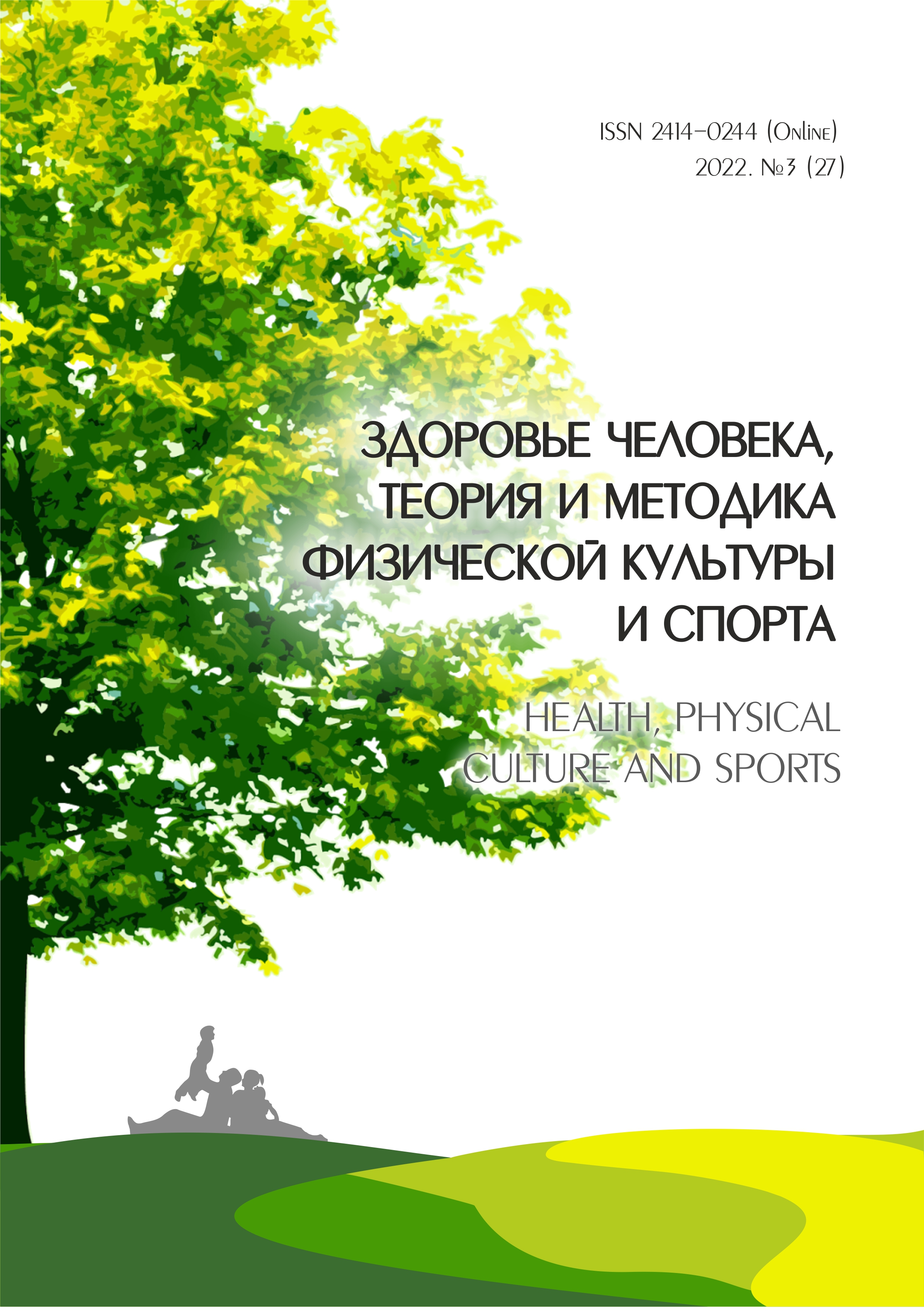PREVALENCE OF RISK FACTORS FOR THE CHILD'S HEALTH FROM THE FATHER'S SIDE. MONITORING RESULTS
Abstract
The article examines the dynamics of the prevalence of risk factors for the health of infants and preschool children from the father's side over a 23-year period in the Vologda Oblast. The study was carried out within the framework of the medical and social monitoring "Study of the conditions for the formation of a healthy generation" (hereinafter monitoring), conducted by scientists of the VolNC RAS since 1995. the classification of the risks of children's health from the father's side is presented, the dynamics of prevalence over the years of the cohort study, the relevance of the study is due to the progressive decline in the number of children's population in the Russian Federation in the forecast values in the next 10-15 years, the increase in morbidity and mortality of children, the need to study controlled risk factors for child health from parents, in particular fathers, the lack of a targeted state system health-saving triads «mother — father — child».In this paper, we introduce the reader to the selective results of the study of child health risk factors in the framework of five monitoring stages (1998, 2001, 2004, 2014, 2020). The purpose of the article is to assess the dynamics of the prevalence of risk factors for the health of children of the studied ages from the father's side: to present the classification of risk factors for the health of children from 0 to 7 years old on the father's side according to monitoring data; to conduct an inter cohort analysis of the prevalence of health risk factors in children aged 1 to 7 years from 1998 to 2020.
It was found that, despite a significant decrease in the proportion of male fathers with behavioral, physiological, socio-demographic, occupational-related and psychological risk factors for the child's health from 1998 to 2020, quantitative indicators remain quite high.
The results can be used in the development of health protection programs for adults and children at different levels of government: individual, local, regional, country.
Downloads
References
Жилов Ю.Д., Куценко Г.И., Назаворова Е.Н. Основы медико-биологических знаний. М. : Высшая школа, 2013. 256 с.
Калашникова М.Б. Развитие идей Л.С. Выготского о сензитивных периодах онтогенеза в современной отечественной и зарубежной психологии // Культурно-историческая психология. 2007. Т. 3, № 3. С. 33–41.
Науэн М.С. Метод когортного анализа в социологии // Журнал социологии и социальной антропологии. 2006. № 9(3). С. 137–144.
Разварина И.Н., Нацун Л.Н. Здоровье детей Вологодской области от 0 до 3 лет // Социальные аспекты здоровья населения : сетевое издание. 2019. № 65(1). URL: http://vestnik.mednet.ru/content/view/1047/30/lang,ru/
Тихонова И.В. Психическое здоровье детей и детско-родительские отношения: взаимосвязи и оценка возрастных изменений // Вестник Костромского государственного университета. Серия: Педагогика. Психология. Социокинетика. 2018. №4.
Шабунова А.А. Двадцать лет мониторинга детского здоровья: организация, результаты, выводы // Экономические и социальные перемены: факты, тенденции, прогноз. 2015. № 2(38). С. 116–128. doi: 10.15838/esc/2015.2.38.7
Шабунова А.А., Короленко А.В., Нацун Л.Н., Разварина И.Н. Сохранение здоровья детей: поиск путей решения актуальных проблем // Экономические и социальные перемены: факты, тенденции, прогноз. 2021. Т. 14, № 2. С. 125–144.
Rahill S., Kennedy A., Kearney J. A review of the influence of fathers on children's eating behaviours and dietary intake // Appetite. 2020 Apr 1;147:104540. doi: 10.1016/j.appet.2019.104540. Epub 2019 Nov 27. PMID: 31783065.
Garfield C.F., Isacco A. Fathers and the well-child visit // Pediatrics. 2006 Apr;117(4):e637–45. doi: 10.1542/peds.2005-1612. PMID: 16585280.
Morgan P.J., Grounds J.A., Ashton L.M, Collins C.E., Barnes A.T., Pollock E.R., Kennedy S.L., Rayward A.T., Saunders K.L., Drew R.J., Young M.D. Impact of the 'Healthy Youngsters, Healthy Dads' program on physical activity and other health behaviours: a randomised controlled trial involving fathers and their preschool-aged children // BMC Public Health. 2022 Jun 10;22(1):1166. doi: 10.1186/s12889-022-13424-1. PMID: 35689191; PMCID: PMC9188227.
Sethna V., Perry E., Domoney J., Iles J., Psychogiou L., Rowbotham N.E.L., Stein A., Murray L., Ramchandani P.G. Father-child Interactions A.T. 3 Months AND 24 Months: Contributions TO Children's Cognitive Development AT 24 Months // Infant Ment Health J. 2017 May;38(3):378–390. doi: 10.1002/imhj.21642. Epub 2017 Apr 27. PMID: 28449355; PMCID: PMC5485025.
Allport B.S., Johnson S., Aqil A., Labrique A.B., Nelson T., Kc A., Carabas Y., Marcell A.V. Promoting Father Involvement for Child and Family Health // Acad Pediatr. 2018 Sep-Oct;18(7):746–753. doi: 10.1016/j.acap.2018.03.011. Epub 2018 Apr 10. PMID: 29653255.
Copyright (c) 2022 Health, physical culture and sports

This work is licensed under a Creative Commons Attribution-NonCommercial 4.0 International License.
An author should not normally publish manuscripts describing essentially the same research in multiple journals or publication venues. Such redundant publication is generally considered to constitute unethical publishing behavior, and if discovered may result in a manuscript under consideration being rejected, or a published article being retracted.
Authors of manuscripts reporting on original research should present an accurate account of the work performed, accompanied by an objective discussion of its significance. Underlying data should be represented accurately in the manuscript. The manuscript should contain sufficient detail and references to permit others to replicate the work. The fabrication of results and the making of fraudulent or knowingly inaccurate statements constitute unethical behavior and may be cause for rejection or retraction of a manuscript or published article.





